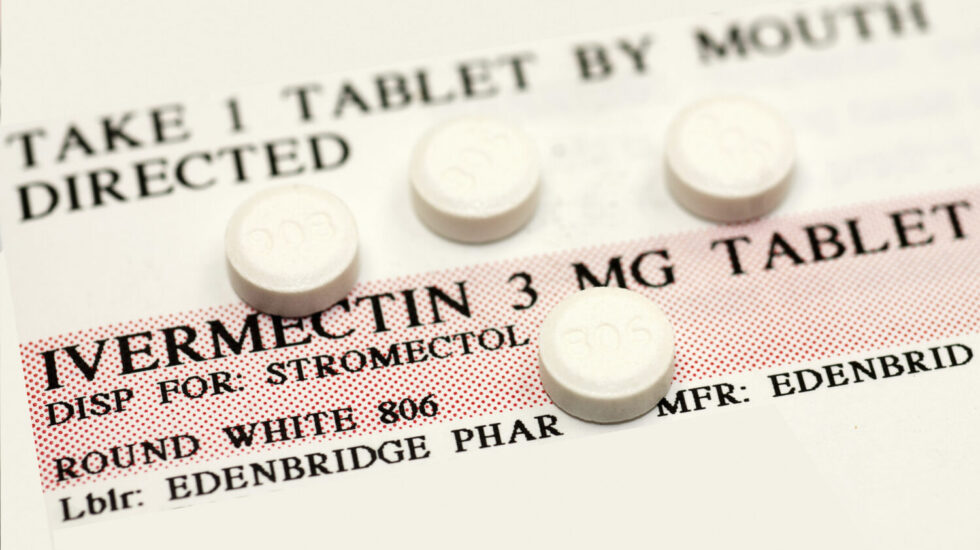When administered to COVID-19 patients, ivermectin does “not reduce the risk of developing severe disease,” according to Malaysian researchers who published the results of a rigorous clinical trial in the JAMA Internal Medicine on Friday.
In fact, the researchers write, COVID-19 patients who were given ivermectin experienced a “notably higher incidence” of adverse events than the placebo group, which “raises concerns about the use of this drug outside of trial settings and without medical supervision.”
Reuters reports:
The study enrolled 490 patients with mild to moderate illness at 20 hospitals and a COVID-19 quarantine center in Malaysia. Everyone received standard care; half the group also received ivermectin.
Severe disease developed in 21.6% of the patients given ivermectin and in 17.3% of those who received only standard care, the researchers said.They defined severe disease as requiring oxygen to help with breathing.
There were no statistically significant differences between the groups in rates of ICU admission, need for mechanical ventilation, or death, according to the study.
Ivermectin, which does have legitimate medical uses in humans but is commonly used to prevent heart worms in animals, became a strange lightning rod issue in the U.S.
A number of Americans with large platforms – including podcaster Joe Rogan and Senator Ron Johnson of Wisconsin – insisted that it would help COVID-19 patients recover from the virus, despite scant supporting evidence.
The assertion that ivermectin is a COVID-19 cure, which quickly became an oft-repeated feature of right-wing discourse, was especially confounding since its biggest boosters tended to reject the efficacy of COVID-19 vaccines, which are proven life-savers.
Rep. Marjorie Taylor Greene, the Georgia rabble-rouser, even said the government’s refusal to endorse the now-debunked COVID-19 treatment was tantamount to murder, yet she vociferously opposes vaccination.
Spurred on by like-minded commentators, some conservative Americans sought ivermectin from animal supply stores, which tend to sell extremely large doses unsuitable for human consumption.
In September, NPR reported that poison control centers had seen an uptick in calls regarding ivermectin overdoses.



